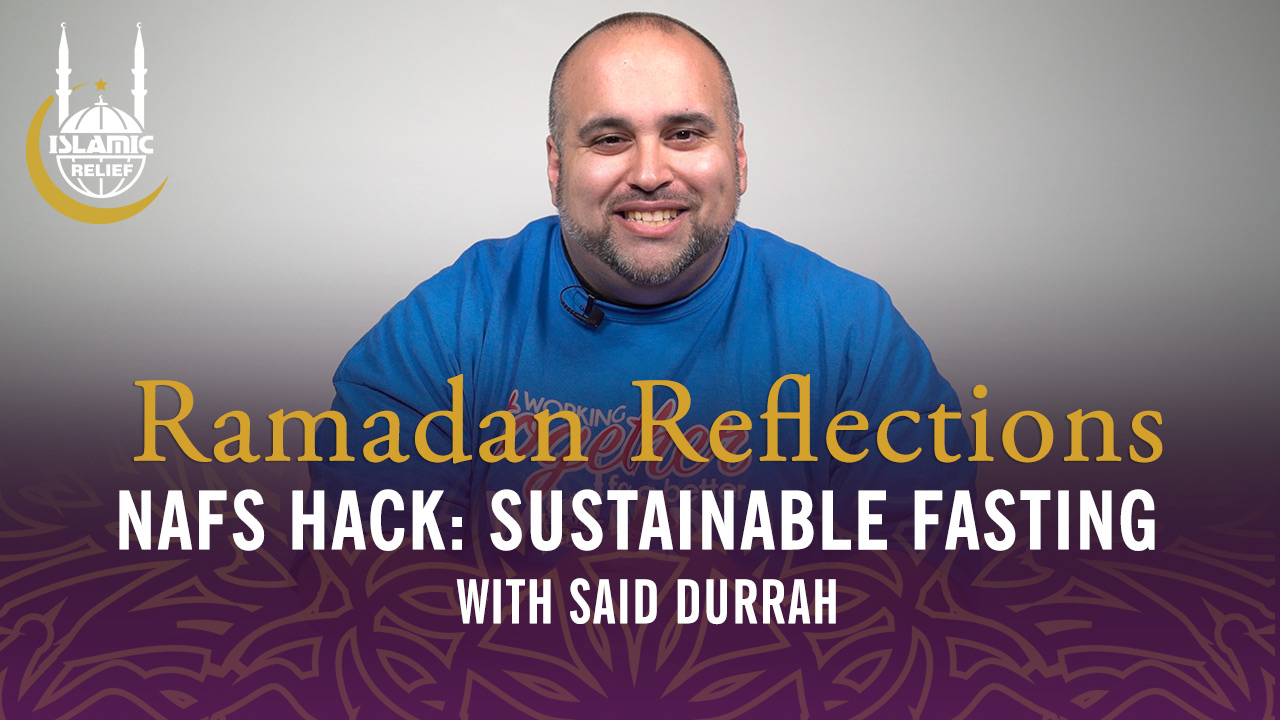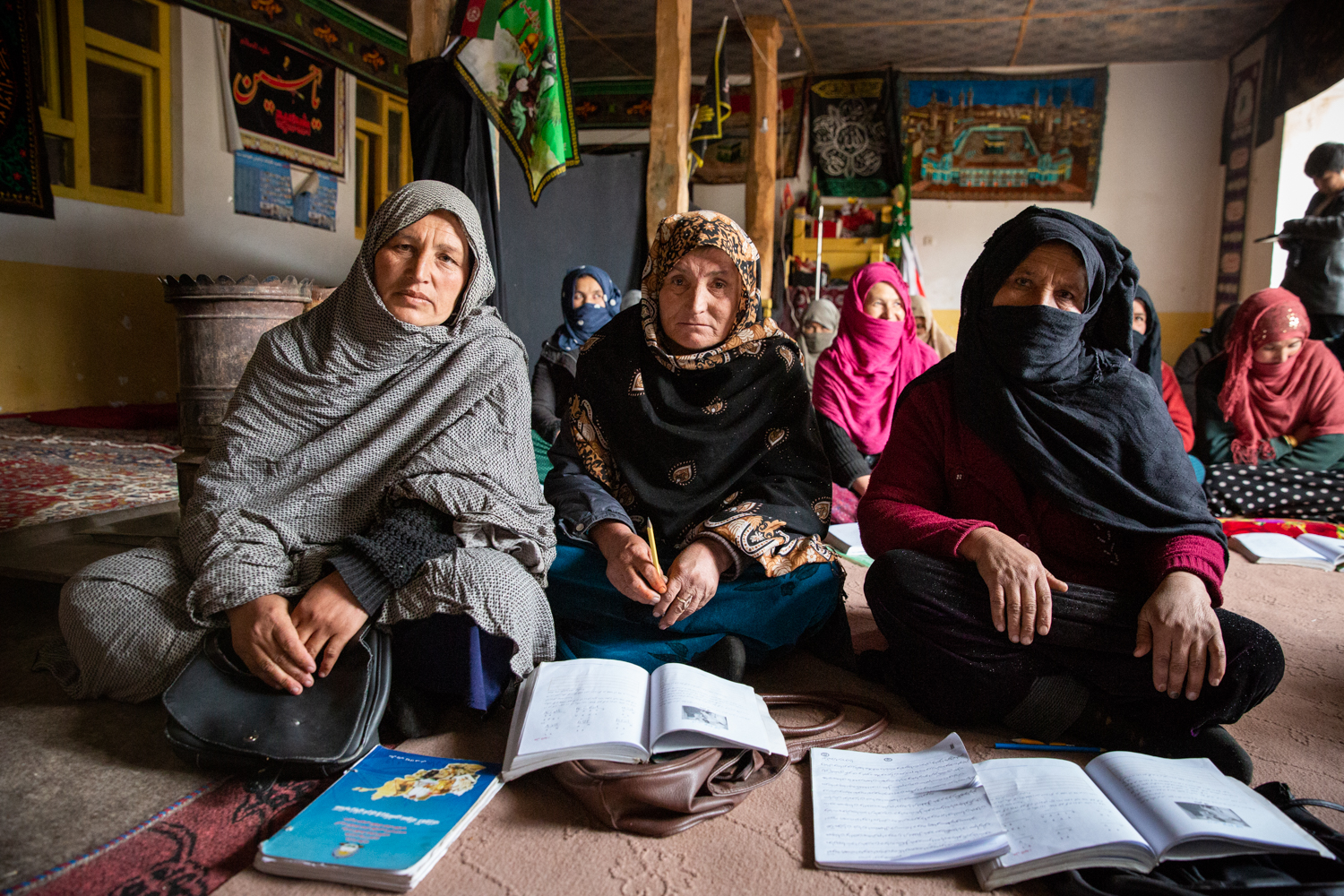
U.N. Women’s Conference features IR Reps
Bringing perspective to sustainable development
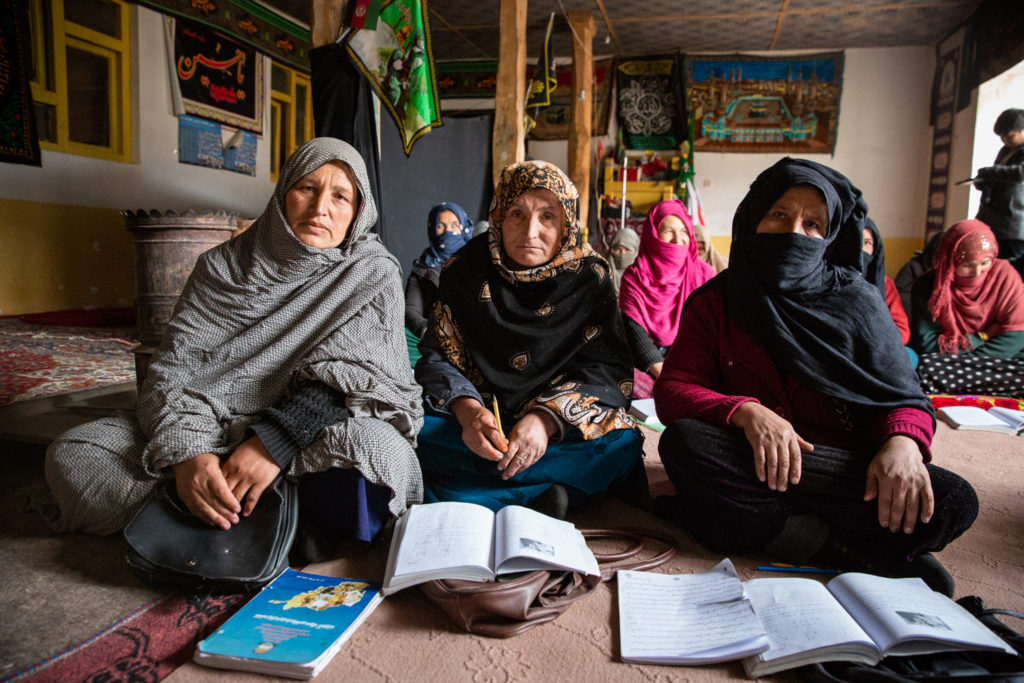
By Christina Tobias-Nahi, May Hashem, Minhaj Hassan
Making a Difference
Women making extraordinary differences is a common outcome in many programs that Islamic Relief administers around the world and likes to showcase.
The Islamic Relief journey with Gender Equality was institutionalized through the Gender Justice policy developed back in 2014, and was presented at a series of global stakeholder roundtables across many continents. A larger campaign roll out was planned for 2020 but events were postponed due to COVID-19.
Meanwhile Islamic Relief has conducted a gender review, mapping their gender empowerment and gender protection (including gender based violence, early marriage etc.) related programs over the past few years against the policy, and have been able to document some of the lessons learned and promising examples of what we have done so far and can further scale up.
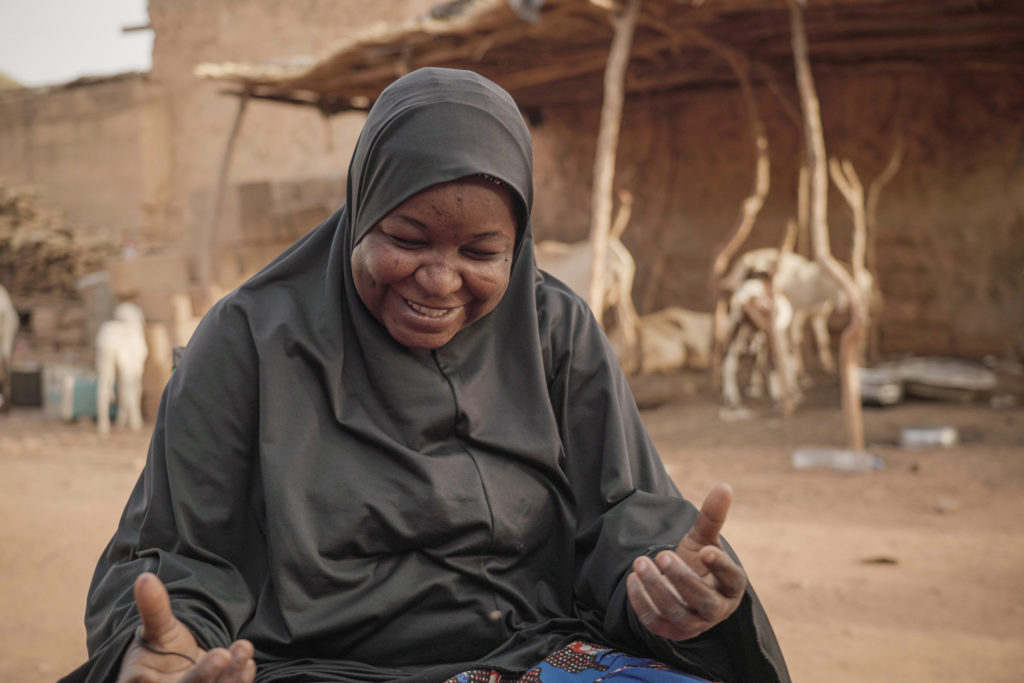
Change Begins
As an example, the organization has programs focusing on conflict resolution and peacebuilding in villages marred by violence and this was the focus of one UN Commission on the Status of Women session which streamed this week. It was the final of five sessions accepted this year as part of the virtual convening which usually is held at UN Headquarters in NY in March around International Women’s Day and during Women’s history month (and where one of the stakeholder roundtables was held in the past).
The three participants spoke from their respective homelands of Pakistan, the Philippines, and Kenya. The one from Pakistan described a time where kids and women were able to go about their normal daily lives, such as playing outside, medical appointments, and attending school.
Once conflict came along, “we were displaced with just two dresses,” she told the participants via a translator. “Children were deprived of school. Businesses were finished. Cattle were displaced,” she explained.
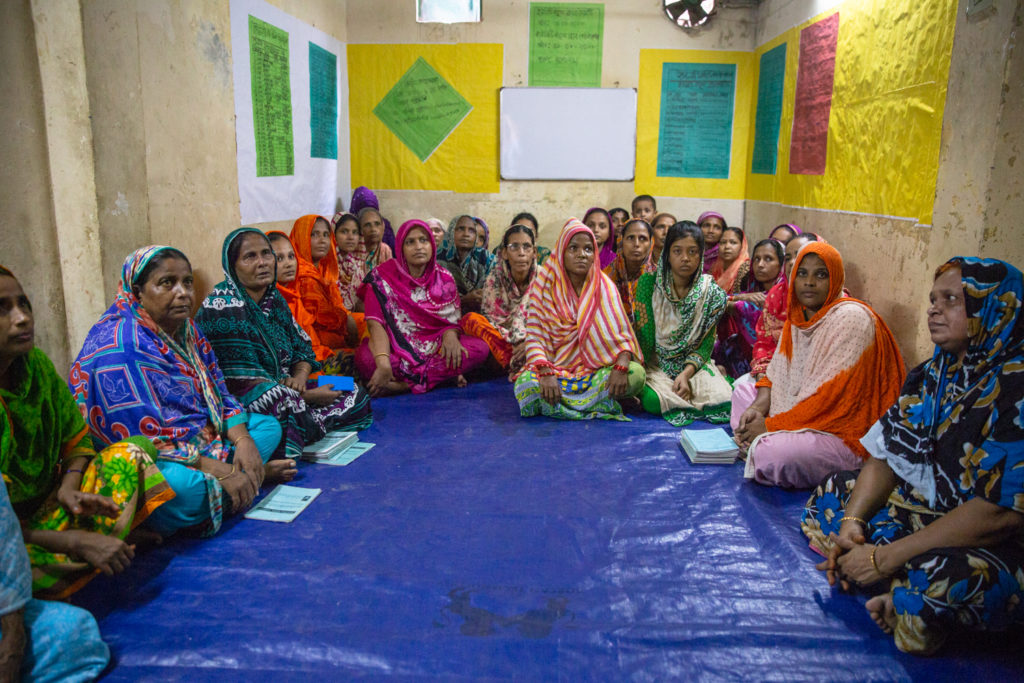
However NGOs came in like Islamic Relief that helped set up vocational centers, providing the women with skills and training in various trades. Livestock packages were also given to residents.
Peace Building
Fights, both verbal and physical, broke out for various reasons. There were lots of disputes and bloodshed over land. Now, most of the disputes can be resolved peacefully since the women have been trained in peacebuilding.
Similarly from the Philippines, the speaker said it is important to understand women’s mindsets, as well as preventing internal conflicts, since that tends to especially have a profound impact on children. Patience, a characteristic that Prophet Muhammad frequently displayed, is also essential in resolving disputes.
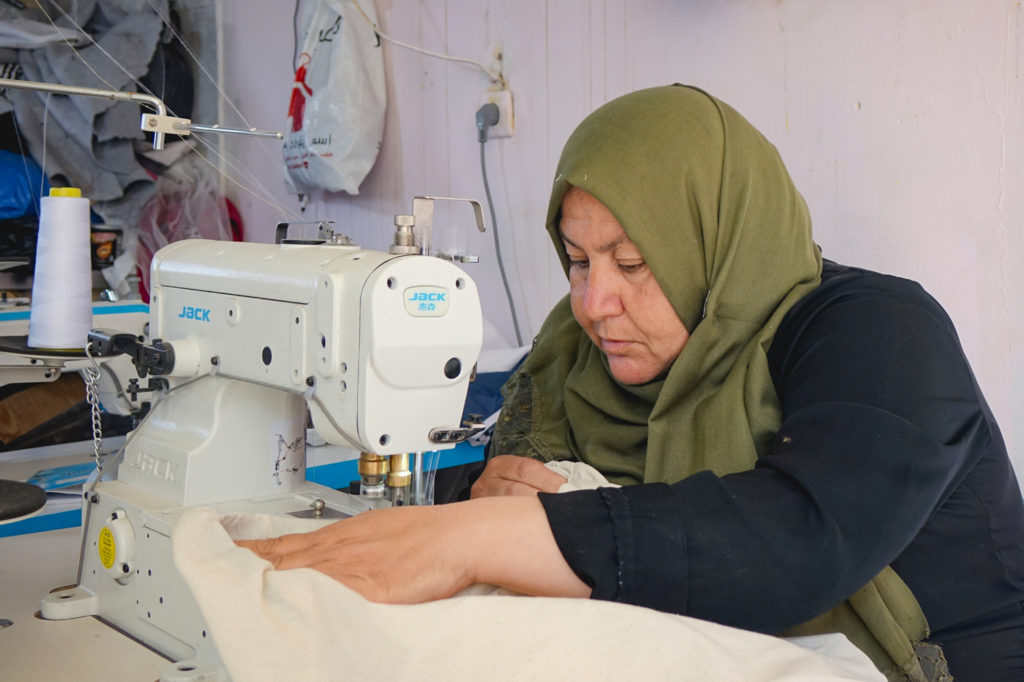
She said it was “easy” to get women to work together, as many of them were social and already visited each other’s homes. To help encourage peace building, they went to the ustadhs (Islamic teachers) to help them give a role in mediating local conflicts.
A Work in Progress
Participants streaming in from around the globe, many in this work themselves, were asked to respond to a poll asking about the biggest challenges to the advancement of women in peace building. Tied for the top responses was the lack of local and national support for women in these roles but also real threats to their security and safety. Next was gender regression more generally in public spaces, especially with the onset of the pandemic. This reminds us all that women’s history month is not just one month a year in March, but something we need to strive towards year round.

